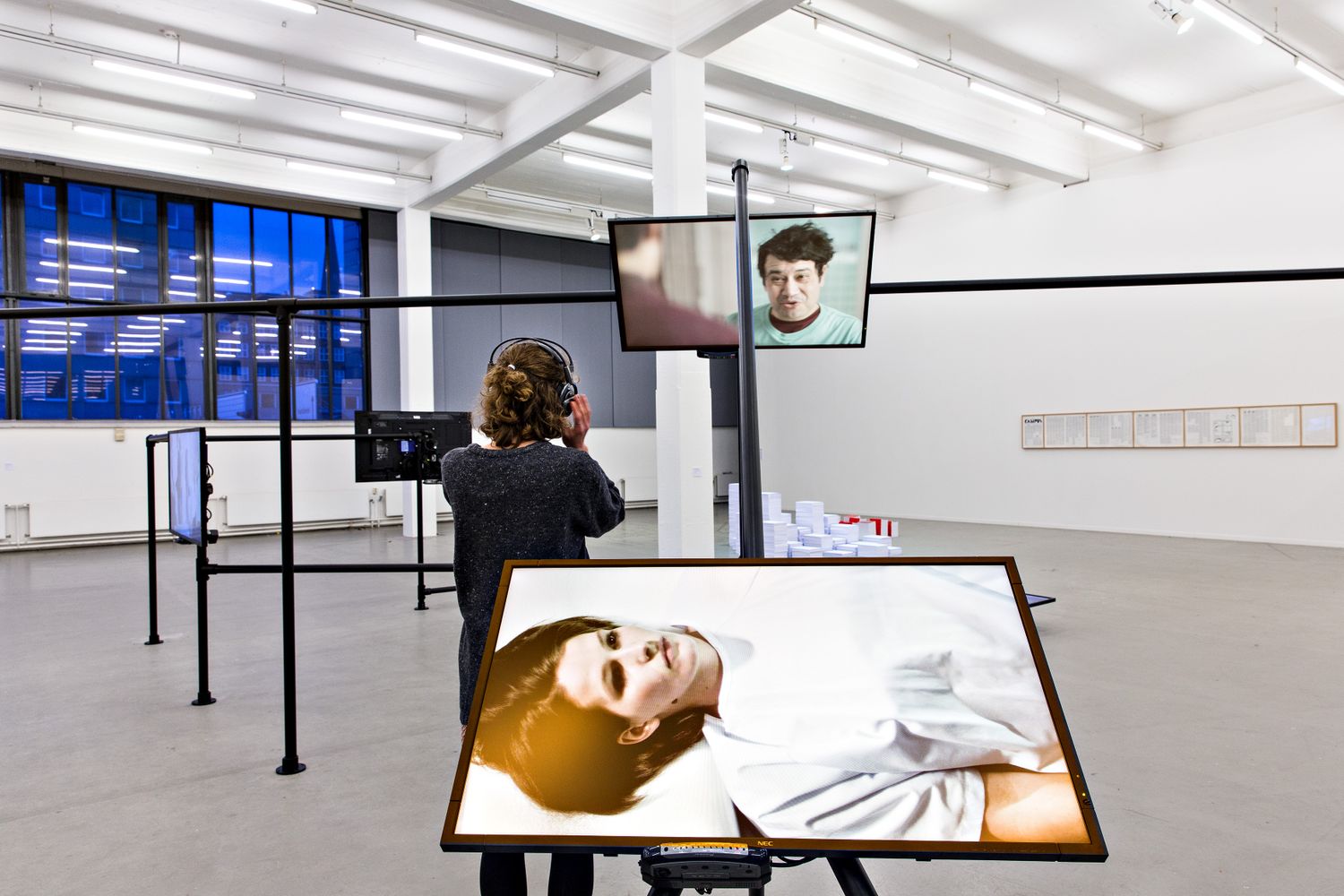Nina Möntmann explores in her talk the shifting implications of artistic methods in dealing with the phenomenon of ‘dematerialization.’ She investigates the non-material character of digitalization and virtuality as a formative feature of current societal realities – against the background of an artistic method related to the phenomenon of dematerialization in conceptual art of the late 1960s and the 1970s.
The two periods she focuses on are crucial to art’s relation to dematerialization. In the late 1960s Conceptual Art looked to dissolve the artwork as a material object, in favour of an art formed of ideas and concepts, critical of the mechanisms of the art market and the modernist canon of large-scale abstract painting and sculpture. The notion of ‘idea as art’ was also directed against anti-intellectual sentiments at the time of the Vietnam War and minority struggles in the USA, as well as struggles against military regimes in Argentina and Brazil. Today a key concept of our digital society can be described with the term dematerialization: it refers to fundamental changes in work, economy and social relations. It is not only about making products and human activities less material, it is also about replacing physical things with digital substitutes. Naturally, artists are using digital media and at the same time critically exploring the power relations that are imposed through the use of big data, algorithms and surveillance.
On Rudi Laermans’ talk: In the 1990s French critics started to use the expression ‘non dance’ in relation to the work of Jérôme Bel and other choreographers whose works did not show versatile bodies making virtuoso movements. Not that so-called conceptual dance works are disembodied, yet they do position the body first and foremost as a text and articulate the act of performing as a discursive operation. Furthermore, they tend to include non-human bodies that are relatively non-substantial, such as smoke; and, particularly, to implicate the audience in various ways. In his talk, Rudi Laermans will relate these evolutions to the breakthrough of a cultural economy that is communicative- and experience-oriented and in which the collaboration between producers and ‘prosumers’ is a prime production factor.
